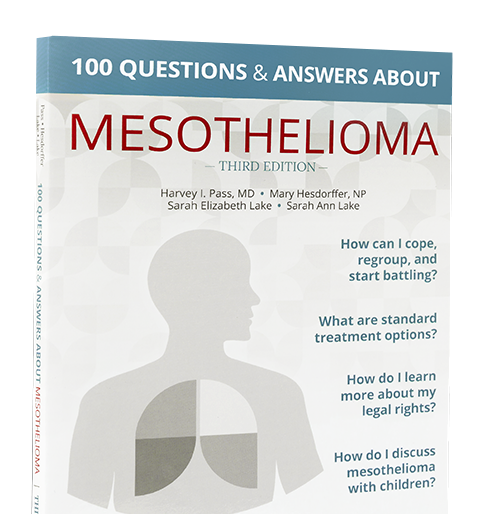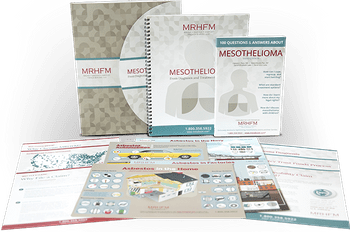Researchers at Langone Medical Center at New York University and the College of Medicine at University of Vermont have completed a study on the role of extracellular signaling regulated kinase 5 (ERK5) in mesothelioma pathogenesis. The research collaborative is now the first team to establish that ERK5 plays a significant role in mesothelioma development and projected it as a potential treatment.
The researchers used ERK5 silenced human mesothelioma cells in the study, which exhibited significantly reduced tumor growth in immunocompromised mice. To enhance the study, the team tested a specific ERK5 inhibitor known as XMD8-92. The results showed:
- In H2373 cells (human mesothelioma cell line, fibrosarcomatoid), combining doxorubicin (chemotherapy) and XMD8-92 lead to a greater decrease in cell growth.
- XMD8-92 has inhibitory effect on tumor growth in pleural as well as peritoneal models.
- Levels of pro-inflammatory (IL-6) and angiogenic (VEGF) cytokine levels were significantly reduced in PLF (peritoneal lavage fluid) of XMD8-92 treated mice as compared to saline or vehicle treated mice. Note that inflammation fuels mesothelioma tumor growth.
- XMD8-92 was significantly effective in killing mesothelioma cells grown as a 3-D spheroid model.
- XMD8-92 pretreated cells formed very few and small colonies as compared to vehicle treated cells (control).
Said the team, “our studies here show that the ERK5 inhibitor, XMD8-92 can play a significant role in reducing mesothelioma tumor growth in pleural as well as peritoneal models and the mechanism may involve inflammasome inactivation. Results were encouraging in both immune-compromised as well as immune-competent mouse models. ERK5 inhibition via small molecule inhibitors in combination with chemotherapeutic drugs may be the future strategy to target mesotheliomas. A very recent report published by Lin et al. suggests that the effects observed by ERK5 inhibitors could in fact be off target effects. Keeping this in mind, new more specific inhibitors need to be tried as soon as they become commercially available”
Further studies are required to understand how ERK5 can regulate inflammasome transcription and/or activation. However, the team said, “our findings may lead the way to designing a more effective combination therapy for mesothelioma treatment.”
If you have been diagnosed with mesothelioma, talk to your doctor about developing treatment options such as XMD8-92. Clinical trials for newer and developing treatments such as this are often ongoing at cancer treatment centers around the world.
Sources
Barrett, Trisha F., Harvey I. Pass, Jedd M. Hillegass, et al. "An Extracellular Signal–Regulated Kinase 2 Survival Pathway Mediates Resistance of Human Mesothelioma Cells to Asbestos-Induced Injury." ATS Journals. American Thoracic Society, 2011. Web. 18 Mar. 2018.
Thompson, Joyce K., Anurag Shukla, Alan L. Leggett, et al. "Extracellular Signal Regulated Kinase 5 and Inflammasome in Progression of Mesothelioma." Oncotarget. Impact Journals LLC, 02 Jan. 2018. Web. 18 Mar. 2018.





